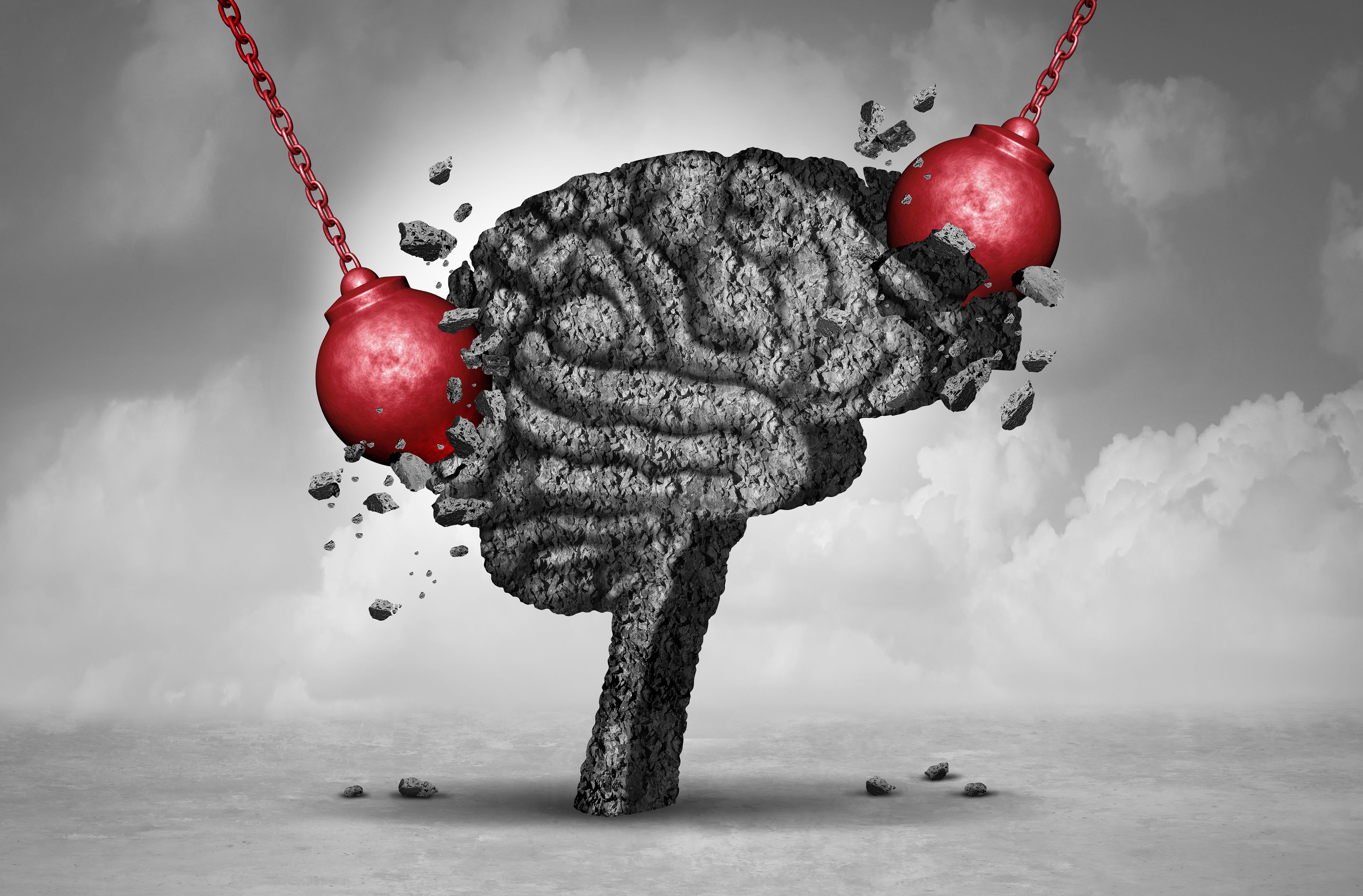Do pediatric concussions lower IQ scores at 3 months postinjury?
Using 3 complementary statistical approaches of linear modeling, Bayesian, and multigroup factor analysis, investigators determined IQ scores are not negatively impacted by pediatric concussion up to 3 months postinjury.
Do pediatric concussions lower IQ scores at 3 months postinjury? | Image Credit: © freshidea - © freshidea - stock.adobe.com.

In a recent study, statistical models of multisite, prospective study cohorts revealed there was no evidence that pediatric concussion reduces IQ scores in the few weeks and months postinjury.
Investigators of the study published in Pediatrics noted pediatric concussion and its impact on IQ scores are unclear and prior analysis suggests reduced IQ scores several months postinjury. Restrictions in current studies such as small sample sizes, unbalanced male-to-female ratios, and age ranges hamper potential conclusions regarding concussion and its potentially negative affect on IQ.
Authors combined data from 2 multisite, prospective cohort studies to capitalize on prospective recruitment, broader age ranges, balanced male-to-female ratios, larger sample sizes, and mild orthopedic injury (OI) comparison group. Data in the current study were pulled from the Mild Injury Outcomes Study (MIOS) and the Advancing Concussion Assessment in Pediatrics study (A-CAP). In all, 866 children aged 8 years to 16.99 years were recruited for the prospective cohort studies from 2 US and 5 Canada emergency departments (ED) within 48 hours or less after sustaining a concussion or orthopedic injury. For children in US EDs, they completed IQ and performance validity testing between 3 and 18 days postinjury, while children in the Canadian EDs completed testing 3 months postinjury.
Consistent with the World Health Organization’s (WHO) definition of mild traumatic brain injury (TBI), children in the concussion group sustained a blunt head trauma with at least 1 of the following: observed loss on consciousness (LOC), a Glasgow Coma Scale (GCS) score of 13 to 14, or GCS score of 15 with at least 1 or 2 symptoms or signs of concussion (noted by medical ED personnel). If children required neurosurgical intervention, demonstrated delayed neurologic deterioration, had LOC longer than 30 minutes or posttraumatic amnesia for more than 24 hours, they were excluded. According to investigators, the OI comparison group was chosen because “they are like children with concussion demographically and in terms of predisposing risk factors for injury.” Children in this group were excluded if they had head trauma, signs of concussion at recruitment, or if an injury required surgical intervention or sedation (procedural).
Using 3 complementary statistical approaches of linear modeling, Bayesian, and multigroup factor analysis, group differences in IQ scores were examined for children performing above cutoffs on validity testing. Linear modeling tested for statistically significant differences between group means. The Bayesian statistics approach tested for the probability that group means did not differ. The multigroup factor analysis examined “whether the IQ test is measuring the same construct across groups by testing the underlying factor model for measurement invariance, including the equivalence of latent group means.” Full-scale IQ scores were based on vocabulary (crystalized knowledge) and matrix reasoning subsets (fluid reasoning), scored using the Wechsler Abbreviated Scale of Intelligence, Second Edition (WASI-II), completed by the children. To measure performance validity, the Medical Symptom Validity Test (MSVT) was used. These measurements were completed at the postacute visit (United States) or the 3-month follow-up periods (Canada).
Of the 866 children in the final sample of the study, 566 belonged to the concussion group and 300 to the OI group. Small group differences in full-scale IQ (d [95% confidence interval] = 0.13 [0.00–0.26]) and matrix reasoning (0.16 [0.03–0.30]) were observed via the linear models, but not in vocabulary scores. At 1 month postinjury, IQ scores were not related to previous concussion, injury mechanism, a validated clinical risk score, acute clinical features, pre- or postinjury symptom ratings, symptomatic status, or litigation. Moderate to very strong evidence against group differences were displayed from Bayesian models (Bayes factor 0.02-0.23), while multigroup factor analysis “demonstrated strict measurement invariance, indicating group equivalence in factor structure of the IQ test and latent variable means.”
Authors concluded that results of this analysis “indicate that pediatric concussion does not negatively affect intellectual functioning early and up to 3 months postinjury, and hence suggest that using IQ tests to assess concussion outcomes is likely of limited utility.”
Reference:
Ware AL, McLarnon M, Lapointe AP, et al. IQ after pediatric concussion. Pediatrics. July 17, 2023. Accessed July 18,2023. https://publications.aap.org/pediatrics/article/doi/10.1542/peds.2022-060515/192782/IQ-After-Pediatric-Concussion?autologincheck=redirected
Posttraumatic headache phenotype associated with symptom burden, quality of life after concussion
July 7th 2023Study investigators found that children with posttraumatic migraine symptoms after a concussion had higher symptom burden and lower quality of life 3 months after the injury compared to those with nonmigraine headache.